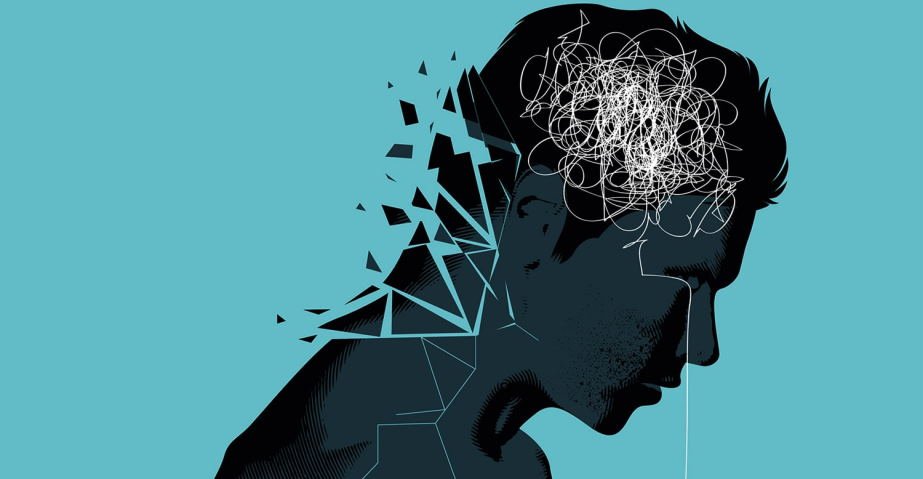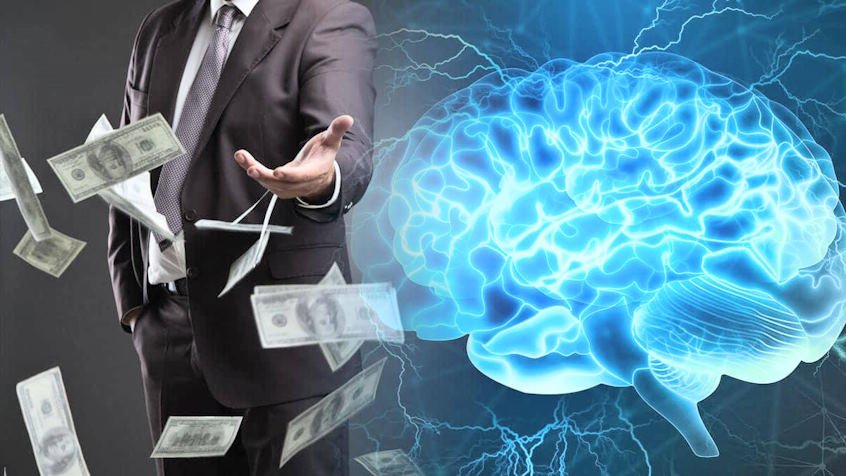Gambling, an activity as old as human civilization, has transformed over the years into a multibillion-dollar industry. Whether it’s casino gaming, sports betting, lottery participation, or online poker, gambling attracts millions worldwide. While the thrill and excitement associated with gambling can be enticing, it also presents a complex set of psychological aspects that deserve in-depth analysis. This article delves into the psychological aspects of gambling, exploring motivations, the role of reward systems, addiction, the impact on mental health, and strategies for responsible gambling. Keywords such as “psychology of gambling,” “gambling addiction,” “mental health,” “reward systems,” and “responsible gambling” are used to enrich the understanding of this topic.
Best Psychology Aspects related to Gambling
1. Motivations Behind Gambling
The psychology of gambling starts with understanding why people engage in it. Gambling provides not just a chance to win money but also a wide range of psychological and emotional rewards. Some common motivations include:
a. Thrill and Excitement
The most obvious appeal of gambling is the thrill. The unpredictable nature of the activity triggers an adrenaline rush, similar to what people experience when participating in extreme sports. The excitement associated with the possibility of winning big or the suspense of waiting for the outcome often draws people in.
b. Social Interaction
For many, gambling is a social activity. Casinos, betting shops, and online platforms provide a space where people can interact, bond, and share experiences. This social aspect of gambling often plays a role in making it a regular and even habitual behavior. The sense of belonging and shared excitement adds to the psychological appeal.
c. Escape from Reality
People may turn to gambling as a means of escape from stress, anxiety, or personal problems. The immersive nature of gambling can provide a temporary distraction from daily struggles, creating an illusion of control over their life. This escape mechanism is a significant psychological factor, particularly among individuals who are already struggling with mental health issues.
d. Financial Gain
While many gamble for fun, the possibility of financial gain is an undeniable motivator. The dream of hitting the jackpot or making quick money fuels gambling behavior. Some individuals see gambling as an opportunity to solve financial problems, which can lead to persistent and excessive betting, particularly if they perceive gambling as a means to an end rather than an entertainment activity.
2. The Role of Reward Systems
One of the most critical psychological aspects of gambling is the activation of the brain’s reward system. The brain releases dopamine, a neurotransmitter associated with pleasure and reward, when a person wins or anticipates winning in gambling. This chemical response is similar to what occurs during drug use, which helps explain why gambling can become addictive.
a. Variable Reward Schedule
Gambling games often operate on a variable reward schedule, meaning that the reward (a win) is unpredictable and does not follow a fixed pattern. This unpredictability intensifies the excitement and compels people to continue playing, hoping that the next bet will be the winning one. This type of reinforcement is highly effective in conditioning behavior, making it difficult for gamblers to stop once they start.
b. Near-Miss Effect
Psychological research shows that “near-misses” — situations where a player almost wins but falls short — can be particularly motivating. A near-miss activates the same brain regions as a win, leading players to believe that they are getting closer to a win and encouraging them to try again. This effect is used deliberately in slot machines and other forms of gambling to keep players engaged, creating a cycle where they feel they are almost succeeding even when they are losing.
3. Gambling Addiction: A Psychological Disorder
Gambling addiction, also known as compulsive gambling or gambling disorder, is recognized as a psychological condition. The American Psychiatric Association classifies it as an addiction due to its similarities with substance abuse disorders. Understanding the psychology behind gambling addiction can help identify its symptoms, risk factors, and treatment options.
a. Symptoms of Gambling Addiction
People with gambling addiction often exhibit behaviors such as:
- An increasing preoccupation with gambling.
- A need to bet more money to achieve the same level of excitement.
- Unsuccessful attempts to cut down or stop gambling.
- Lying about the extent of their gambling habits.
- Gambling to escape problems or negative emotions.
- Committing illegal acts to finance gambling.
These symptoms highlight the loss of control and compulsive nature of gambling addiction, which can lead to severe consequences, including financial ruin, relationship issues, and mental health problems.
b. Risk Factors for Gambling Addiction
Several factors contribute to the development of gambling addiction, including genetics, personality traits, and environmental influences. Individuals with a family history of addiction are at a higher risk, as are those with impulsive and risk-taking personalities. Environmental factors like easy access to gambling venues or a culture that promotes gambling can also play a significant role.
4. Impact of Gambling on Mental Health

Gambling, while often portrayed as harmless fun, can have severe psychological consequences. The mental health effects of gambling vary depending on the frequency and intensity of the activity, as well as the individual’s psychological state.
a. Anxiety and Depression
Excessive gambling can lead to anxiety and depression, particularly when it results in financial problems or relationship conflicts. The stress associated with losing money or hiding gambling behavior from loved ones can exacerbate existing mental health issues or even trigger new ones.
b. Increased Stress Levels
The high stakes and unpredictable nature of gambling can create a stress response in the body, leading to physical and psychological symptoms such as increased heart rate, muscle tension, and feelings of panic. Chronic exposure to this stress can have long-term effects on overall health.
c. Suicidal Thoughts and Behavior
Research indicates a high prevalence of suicidal thoughts and behaviors among individuals with gambling addiction. The overwhelming sense of hopelessness, guilt, and despair associated with severe gambling problems can drive some individuals to contemplate suicide. It is crucial to recognize these signs and seek professional help to prevent tragic outcomes.
You Can also read, Legal vs. Illegal Betting Markets: A Comprehensive Comparison
5. Responsible Gambling: Strategies and Prevention
Understanding the psychological aspects of gambling also involves recognizing how to gamble responsibly and prevent addiction. Responsible gambling practices aim to minimize risks and promote safe and enjoyable gambling experiences.
a. Setting Limits
A practical approach to responsible gambling is setting time and money limits. Gamblers should decide how much time they want to spend and the maximum amount they are willing to lose before they begin gambling. This strategy can prevent impulsive and excessive gambling behavior, helping individuals maintain control.
b. Awareness of Gambling Fallacies
Many gamblers hold irrational beliefs, such as the “gambler’s fallacy,” which is the belief that past events influence future outcomes. For example, after a series of losses, a person may believe they are “due” for a win, which is not statistically true. Educating individuals about these fallacies can reduce irrational betting behavior and promote logical thinking.
c. Seeking Support
For those who struggle to maintain control, seeking support from professional counselors, support groups, or helplines can be essential. Cognitive-behavioral therapy (CBT) is particularly effective in treating gambling addiction, as it helps individuals identify and change harmful thought patterns related to gambling.
6. Conclusion: Balancing the Psychological Aspects of Gambling
Gambling, when approached with a clear understanding of its psychological effects, can be a source of enjoyment and excitement. However, the complex interplay of motivations, reward systems, and addiction risk factors means that responsible gambling practices are essential for minimizing harm. Recognizing the signs of gambling addiction, understanding its impact on mental health, and implementing prevention strategies can help individuals engage in gambling activities safely.
The psychology of gambling is an ever-evolving field, with ongoing research aimed at developing effective interventions and support systems for those affected. For individuals and society alike, fostering awareness about the psychological aspects of gambling is crucial for promoting healthier attitudes and behaviors around this popular activity.
By exploring the psychological aspects of gambling, this article aims to provide a comprehensive understanding of why people gamble, the risks involved, and how to engage in gambling responsibly. Keywords such as psychology of gambling, mental health, gambling addiction, and responsible gambling are integral to promoting an informed and balanced perspective on this complex subject.





